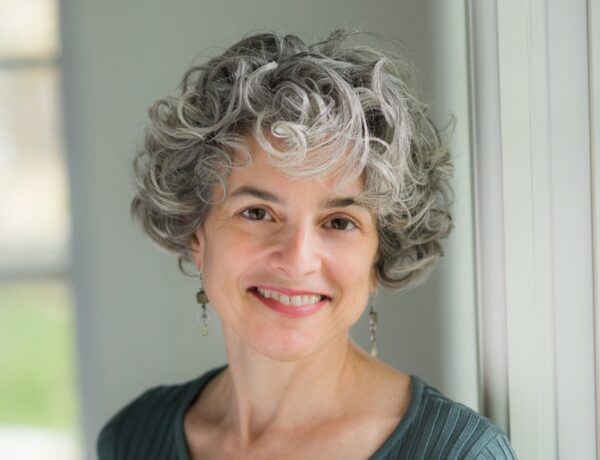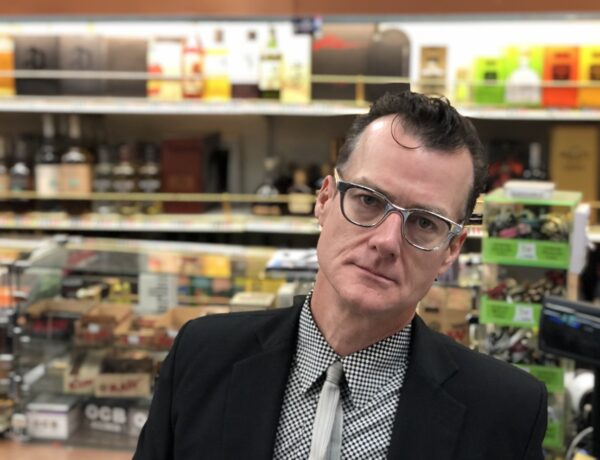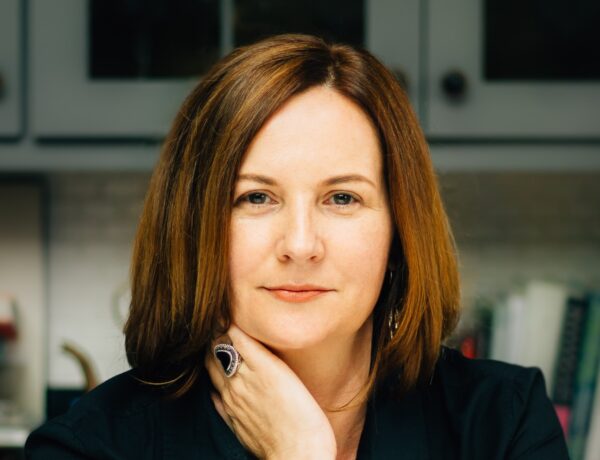Charlotte Philby is a former investigative journalist and author of four critically acclaimed spy novels. She worked for eight years at The Independent as a columnist, editor, and reporter and was shortlisted for the Cudlipp Prize for her investigative journalism at the 2013 Press Awards.
After leaving The Independent, she became a contributing editor and feature writer at Marie Claire and has since written for various prominent publications such as the New Statesman, ELLE, Telegraph, Guardian, Sunday Times, Tatler and Red.
As the granddaughter of Britain’s most infamous communist double-agent, the elusive ‘third man’ in the Cambridge spy ring, Charlotte brings a unique perspective to her writing. Her fourth novel, Edith and Kim, published by Borough Press, was named a best book of 2022 by The Times, Sunday Times, New Statesman, Literary Review, and more. She lives in Bristol with her husband and three children.
Each week, we publish a new daily writing routine from a famous author. Subscribe to our newsletter so you don’t miss out!
Hi Charlotte, welcome to Famous Writing Routines, great to have you here with us today! As a former journalist and editor at The Independent, how did your investigative journalism background influence your writing, particularly in your 2022 novel Edith and Kim?
Whilst working as a newspaper journalist, I was part of a weekly writing group led by the poet Martina Evans who warned me that if a writer wants to write fiction, writing news is the worst possible training because it teaches you to write in a prescribed way according to various constraints.
In writing a book inspired by my grandfather’s story, I purposefully chose to work on a novel rather than non-fiction, reimagining the lives of real people, as a means to address questions I could never truly know the answer to, whilst utilising the unique insight I have due to my position as a family member. After all, it’s true to an extent that all history is fiction.
You’ve stated that you returned to Moscow in 2010 to try to understand your grandfather, did you draw on any personal experiences or memories in writing Edith and Kim?
This trip certainly inspired me to want to think of a new way to tell a story that has been told so many times before, but never in a way that reflected how I or my family have experienced it. Edith and Kim isn’t about my, or their, experience, but it’s an attempt to draw in a character – specifically a brilliant, complex woman – who for so long has been forgotten. As well as being an interesting and entertaining story, I hope that as an exercise, this also reminds us to consider how certain narratives become entrenched, unless they are challenged by alternative perspectives.
Being the granddaughter of Britain’s most infamous communist double-agent, the “third man” in the Cambridge spy ring, did you feel a sense of responsibility to accurately portray the characters in your espionage novels? I think it probably makes me a less equivocal writer than some, shying away from claiming to know exactly who these people are.
Instead, I hope to lead the reader to come to their own conclusion about who these people are. That’s the beauty of reading, that it allows us to draw on our own experiences and hopefully bring that empathy and experience to those we meet on the page. I’m not sure it’s possible to truly capture a person in a story as, like AA Milne loosley wrote, ‘All human beings are a mystery and no-one ever truly knows the truth about anybody else’.
Your female characters tend to take center stage in your espionage novels, what drew you to this approach and how does it challenge the traditional genre?
It’s interesting to see what happens when you take a woman – usually cast as the lovers or the victims – and place them at the centre of the action, and see not only how that changes everything about the story and the decisions that character takes, but also how we respond to them as women. Particularly when those women are also mothers.
Discover the daily writing habits of authors like Stephen King, Neil Gaiman, and Gillian Flynn with Famous Writing Routines Vol. 1 and learn how to take your writing to the next level. Grab your copy today!
What does a typical writing day look like for you?
Finally, I have something of a writing routine. We have three children, aged 12, 9, and 7, so once my husband takes them to school at 8.30am, I write in my shed in the garden – usually until 2pm or so when I madly sort out the house before collecting the kids. At the moment I’m working on two TV adaptations and two books, so I try to divide my time according to which most needs my attention at any given moment.
How do you handle writer’s block and maintain inspiration for your work?
I’ve learnt that sometimes the words flow, and in those moments to wrong every last syllable from my finger-tips. Other days, there are no words and sentences won’t form so on those days I concede to do something else that is in some way productive. Perhaps going through paperwork, or thinking about future projects. Or just going for a walk. It’s true that sometimes the best ideas come when you’re looking away from a blank page.
Can you talk about a particularly challenging scene or chapter you’ve written, and how you overcame any obstacles while writing it?
I’m stuck in one right now – I’ll let you know when it’s sorted!
If you could have a conversation with any artist throughout history about their creative process, who would that be and why?
I find talking to all artists/writers about their process equally helpful because the only through-line is that we all work differently, and all have doubt. That’s reassuring to me!
I’d love to know about the books you’re reading at the moment. What have been some of your favourite recent reads?
Recently, I’ve loved Notes on an Execution and An Olive Grove in Ends. Also, the ’90s Charlotte Carter mystery series starring jazz-loving New Yorker Nanette Hayes.
What does your current workspace look like?
I work from a shed/garden studio designed by my husband, Barney Beech, using a self-build company called U Build. It’s a ply box with one circular window and one square window, and it’s nestled in brambles at the bottom of our garden, 300 feet from the house – it’s the best commute I’ve ever had but a long way home when you need to pee.

Affiliate disclaimer: Some links on this website are affiliate links. We may earn a small commission if you make a purchase through these links, but only promote products we truly believe in. We disclose affiliate links and give honest reviews.



No Comments